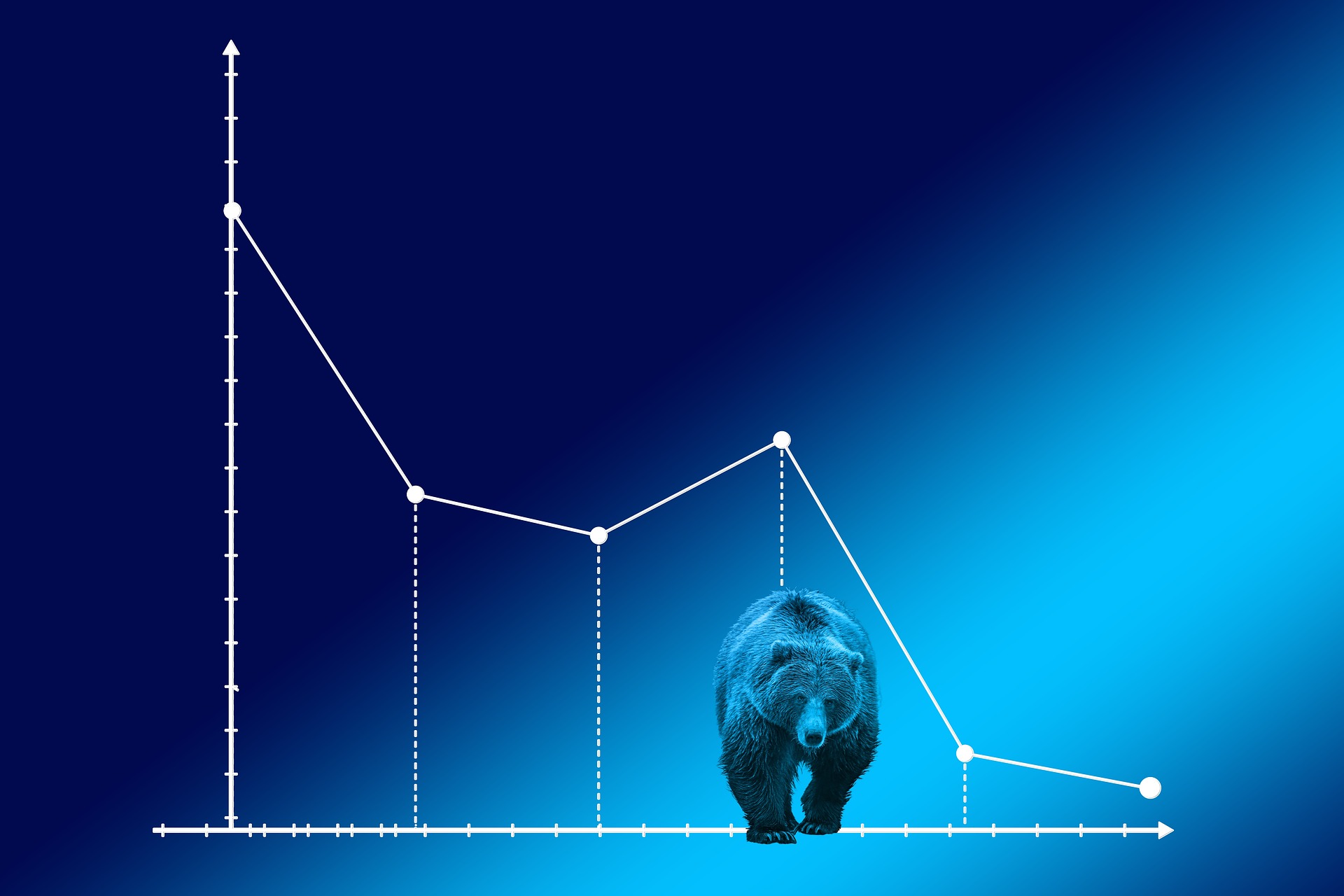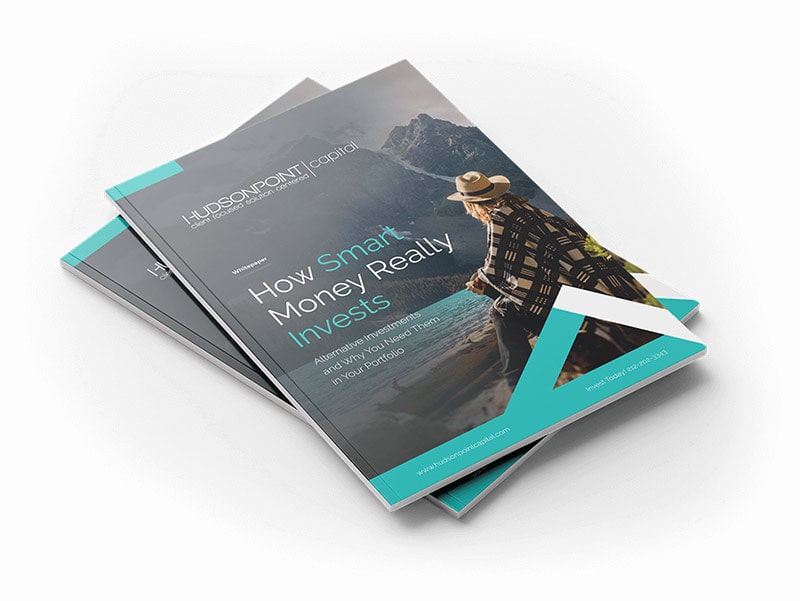Next Article
Alternatives Can Smooth Market Bumps


Market corrections can be nerve-wrecking. The recent nosedive in stock indices makes investors feel as though they’re losing too much too fast. And because it’s not easy to predict when the pain will end, nervous investors will try to cut their losses and make rash decisions.
But as scary as things are, market corrections—even a bear market like the one we’re in now—are a normal part of economic cycles. Bear markets have historically occurred a few times each decade, and can be as short as 3 months or as long as 2 years or more.
As many young people are now learning for the first time, dealing with market corrections can be hard. Here are some do’s and don’ts to guide you through a Bear Market.
Fear—both the fear of missing out (FOMO) and the fear of loss—often drives financial decisions because investors are greedy over imagined riches or afraid of losing their capital. Fear and greed are the most common emotions in investing, and letting them get the better of you can and most probably will wreck your portfolio.
Is it normal to feel those emotions? Yes—if you didn’t feel those feelings, you wouldn’t be human! If anything, many great investors haven’t mastered their emotions so much as acknowledged them.
The Oracle of Omaha famously said that you should “Be fearful when others are greedy, and be greedy when others are fearful.” This means Buffett also understands the emotions of other investors, which is key to determining both trends and traps.
Seeing your portfolio or pension plummet is enough to make even the toughest people anxious. But selling your stocks prematurely and trying to time the market bottom can actually lead to an even larger loss.
That’s because you’ll probably end up buying back in on one of many failed recoveries, then sell in a panic as the market dives to newer lows, losing some more money in the process. This leads to emotional decision making, which can lead to overtrading. And overtrading may lead to more losses because your ego gets involved.
For the average passive investor, your best bet is not to try and time the markets. Even professional money managers fail at that more often than they’d like to admit. As a long-term investor, you have to remember that markets will always go through cycles. While the bear market of 2020 may feel like the worst one ever already…we believe this too, shall pass.
That being said, you should probably rebalance your portfolio slightly. Given the reaction of world markets and governments, it seems like most people will be hunkered down at home until further notice. Until a vaccine is approved and mass-produced—stocks may be headed lower.
In uncertain times like these, defensive stocks have historically been considered a safer bet than unicorns. These are stocks tend to provide stable earnings throughout all cycles of the stock market. Utilities, like water and gas, and consumer staples, like food and hygiene products, are all defensive stocks. These types of products are in constant demand and will always be purchased, bull or bear.
In this recession and beyond, in our opinion online media and streaming services will likely become defensive stocks as well. Netflix (NFLX) has weathered the storm far better than the rest of the S&P 500.
Alternative investments, like real estate, hedge funds, and Pre-IPOs, may be uncorrelated to the overall stock market. As such, in a market downturn, they can be an option for those looking to deploy funds outside of the regular stock market.
Stock charts are used to try and predict the movement of the business cycle, and can sometimes be fairly accurate. But technical indicators aren’t something you can learn overnight—professionals look at everything from multiple moving averages to VWAP to RSI to MACD among hundreds of other indicators.
If you didn’t recognize any of those terms, you’re not alone. The world of technical analysis (TA) is not for the faint of heart. And in any case, Artificial Intelligence systems are much better at using that kind of data for trades than humans are anyway. We cannot emphasize this enough…for the vast majority of market participants, corrections cannot be predicted and bottoms should not be timed.
While stock charts can give you some indication of how long a correction will last and which stocks have already fallen more than others, the truth is that sharp and sudden crashes are always full of volatility and uncertainty. There’s no guarantee of any correction playing out like the one before it.
While it may be tempting to glue your eyes to the TV or monitor (especially with recent shutdowns) it’s not helpful. Sure, it pays to stay on top of the news once or twice a day to see what the government is doing, how it affects your neighborhood, and whether we’re closer to finding a vaccine.
But the more you watch the news, the more likely you are to be influenced by what you’re reading. Headlines and breaking news can easily trigger intense feelings of fear or greed, which is not what you want to be feeling right now. The last thing you want to do is buy on sharp but failed recoveries (also called bull traps) and panic sell into the sharp drop that comes right after.
History has shown there is always a light at the end of the tunnel
Though we can’t predict the intensity or duration of a market correction (just two weeks ago we weren’t sure if it would become a bear market), we can and should try to be more prepared for them each time we live through one. Corrections and recessions will continue to happen long after our grandkids’ hairs turn gray.
Market corrections are and will always be normal. Stock prices rise as they’re bought up, and tend to rise a bit more than they should the longer a bull market persists. That’s just bullish euphoria. But, as with all things, what goes up must eventually come down. That being said, the opposite is also true—what goes down must eventually come up again.
Past performance does not guarantee future results. This is for informational and educational purposes only and should not be construed as investment advice or an offer or solicitation of any products or services. Opinions are subject to change with market conditions. The views and strategies may not be suitable for all investors and are not intended to be relied on for legal or tax advice. Please note that any investment involves risk including loss of principal.
National Securities Corp, Member FINRA/SIPC.


We’ll find the right investment
solutions to meet your financial goals
Discover the art of wealth creation through alternative investments amidst market fluctuations
Get Started
or call us toll free at
888-544-5244